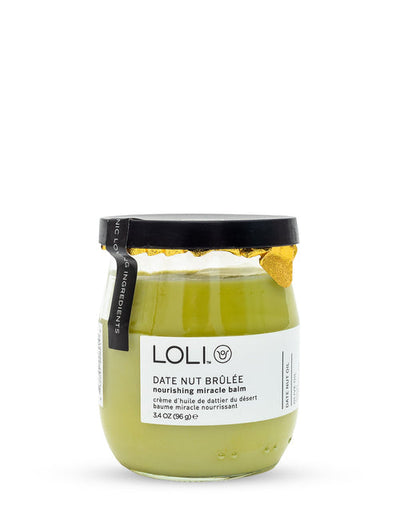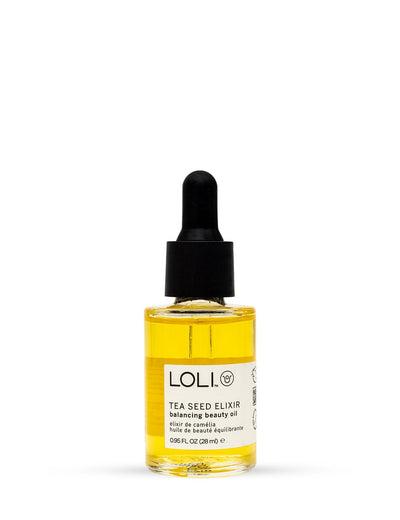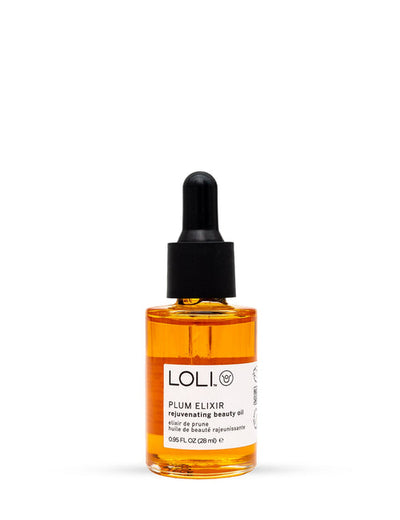Best Retinol Face Cream – Your Path to Youthful, Glowing Skin
Retinol remains one of the most researched and dermatologist-recommended ingredients for improving skin texture, reducing the appearance of wrinkles, and supporting collagen production. But finding the best face cream with retinol that is also safe, hypoallergenic, and suitable for your skin type can feel overwhelming.
Best Face Cream with Retinol – Reveal Younger, Radiant Skin Naturally
Retinol can significantly improve skin firmness, smoothness, and tone when used consistently in a safe formula. The best face cream with retinol also contains collagen-supporting ingredients, offers hydration, and is dermatologically tested for sensitive skin. Always introduce it gradually into your skincare routine for the best results.
Why Retinol Is a Game-Changer for Aging Skin
The Science Behind Retinol
Retinol, a vitamin A derivative, works by increasing cell turnover and stimulating collagen production (PubMed). This helps to:
- Reduce the appearance of fine lines and wrinkles
- Improve uneven skin tone
- Enhance skin elasticity
Collagen and Retinol – A Powerful Duo
Combining retinol with collagen-supporting peptides or extracts can enhance skin plumpness and resilience. This synergy is especially valuable in the best cream with collagen and retinol, giving visible improvements over time.
Safe for Sensitive Skin
Look for hypoallergenic formulas certified by ECOCERT or similar organizations to ensure minimal risk of irritation, even for delicate or reactive skin.
How to Choose the Best Cream with Retinol
Check Ingredient Concentration
Beginners should start with a lower concentration (0.1%–0.3%) to allow skin to adjust. Higher percentages can be effective but may cause irritation if overused.
Look for Hydration Boosters
Retinol can be drying, so creams with hyaluronic acid, ceramides, and nourishing oils help maintain moisture balance.
Opt for Nighttime Use
Retinol is light-sensitive. Applying it at night protects its potency and allows your skin to repair while you rest.
Choosing the Right Retinol Format for Your Routine
When it comes to skin care, retinol can be found in multiple forms — from retinol serum to night cream, eye cream, and even wrinkle cream formulas. A pure retinol serum is often favored for its potency, while an encapsulated retinol offers slower release for gentler results, ideal for sensitive or dry skin. Many over-the-counter products also combine retinol with vitamin C, hyaluronic acid, or glycolic acid for enhanced benefits, targeting uneven tone and helping to reduce wrinkles. According to dermatologists, pairing a retinol cream with a moisturizer day and night ensures hydration and minimizes irritation.
Day vs. Night Retinol Use
Retinol is a powerful form of vitamin A, and its stability is best preserved in evening routines. Using a retinol night cream, such as a hydrating or line smoothing max hydration cream, allows skin to repair overnight. Daytime skin care should focus on moisture and UV protection, ideally with a sunscreen with an SPF 30 or higher. If you prefer a complete regimen, you can start using retinol in the evening, follow with a gentle retinol moisturizer, and switch to a daily hydration anti-aging face moisturizer in the morning. Some effective retinol products, like those in the retinol correxion range, pair retinol with advanced peptides to enhance firmness.
Enhancing Your Retinol Results
The effects of retinol are amplified when integrated into a well-rounded routine that includes anti-aging products such as face serum, hydrating night cream, and targeted retinol eye treatments. If you’re looking for best drugstore retinol options, formulas like retinol 24 or murad retinol youth renewal are popular products often recommended for their balance of efficacy and skin tolerance. The concentration of retinol matters: lower strengths are suitable for beginners or those with cream for sensitive skin, while a potent dose of retinol can deliver faster results for experienced users. For maximum benefit, apply retinol into your routine gradually, use SPF protection daily, and consider retinol with hyaluronic acid to maintain hydration.
Building a Retinol Skincare Routine
Step-by-Step Introduction
-
Cleanse gently with a mild, pH-balanced cleanser
-
Apply retinol cream every other night for the first 2 weeks
-
Moisturize to lock in hydration
-
Use sunscreen daily to protect from UV damage
Layering Tips
Avoid combining retinol with strong acids (like glycolic) in the same routine unless recommended by a dermatologist. Instead, alternate nights for safer results.
Common Concerns and How to Address Them
Will Retinol Irritate My Skin?
Mild redness or peeling is common in the adjustment phase. Using a hypoallergenic, fragrance-free formula can minimize this.
Can I Use Retinol with DIY Masks?
Yes, but keep DIY treatments gentle — think oatmeal, aloe vera, or chamomile infusions — to avoid over-exfoliation.
Maximizing Results with Retinol
Sun Protection Is Non-Negotiable
Daily SPF 30+ shields your skin from UV damage and prevents retinol-treated skin from becoming more sensitive.
Consistency Over Intensity
It’s better to use a moderate concentration regularly than to apply high-strength formulas sporadically.
Benefits of Using the Best Retinol Face Cream
- Improves skin firmness and elasticity
- Smooths uneven skin tone
- Reduces visible signs of aging
- Supports natural collagen production
- Suitable for sensitive and mature skin
Final Expert Advice
If you’re looking for the best retinol products for aging skin, focus on formulas with balanced hydration, hypoallergenic certification, and proven collagen support. Gradual introduction and consistent use will bring the most satisfying results.
FAQ
Q1: Can I use retinol every day?
A: Yes, but beginners should start 2–3 times per week, increasing frequency as skin tolerance improves.
Q2: Is retinol safe during pregnancy?
A: Most dermatologists advise avoiding retinol during pregnancy. Always consult your doctor.
Q3: How soon will I see results?
A: Visible improvements typically appear after 8–12 weeks of consistent use.
Q4: Can retinol be used on sensitive skin?
A: Yes, choose a hypoallergenic formula and start with a low concentration.





